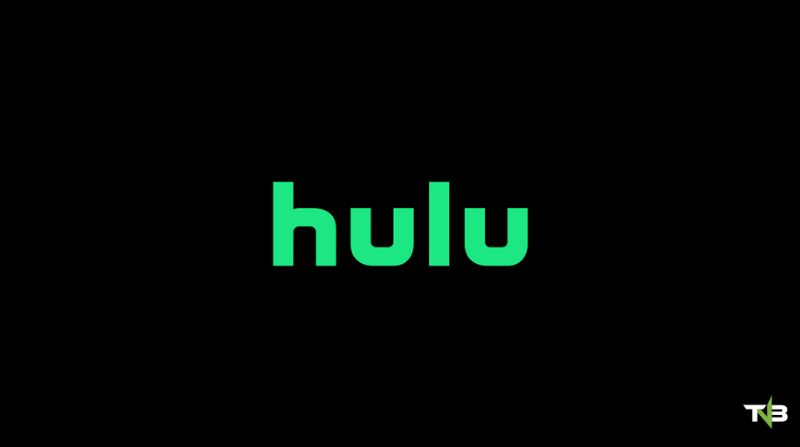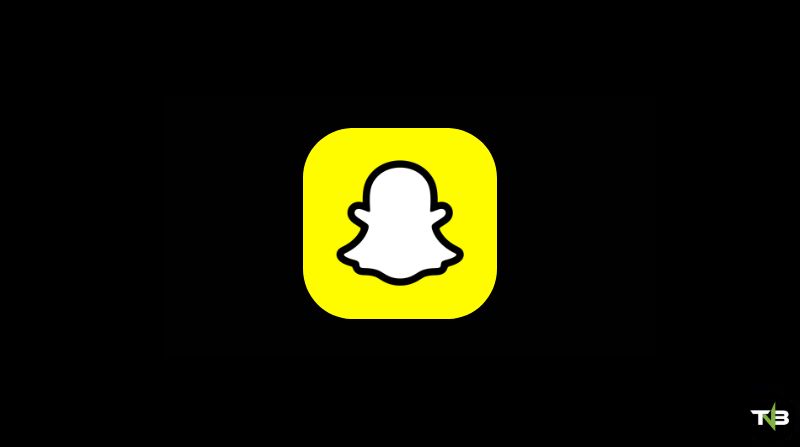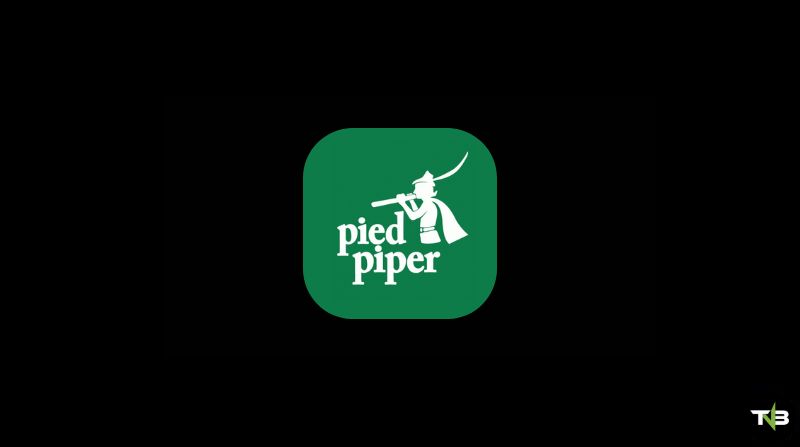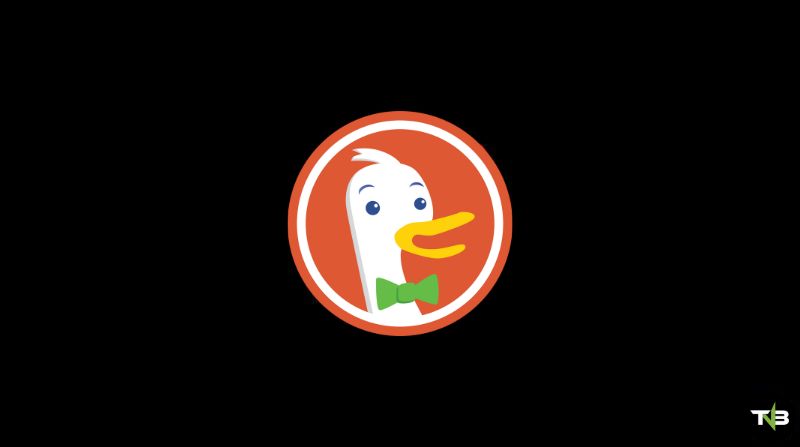
Let’s say you want to buy a smartphone. Next, you may Google all the latest smartphones and continue your search later on. Then, in the evening, as you scroll through your social media apps, you find ads for the latest smartphones. So, have you ever wondered why this happens? It’s because Google tracks your searches and then provides that information, “You are looking for a smartphone,” to the ad companies in a way so that they do not let out your personal information. There is one search engine which does not track you: it’s called DuckDuckGo. Let’s know why is DuckDuckGo called DuckDuckGo?
There have been many surveys like Pew Internet and American Life Project in the US back in 2012; and a much recent poll of California voters which shows 73-78% of people feel the collection of personal information online is a disrespect to privacy. This led to the birth of DuckDuckGo.
DuckDuckGo was founded by Gabriel Weinberg in 2008. DuckDuckGo is the only internet search engine that focuses more on protecting searchers’ safety and privacy. It doesn’t track or store your search history, IP address, or your usage behavior to target ads. DuckDuckGo distinguishes itself from other search engines in the market by showing all the users, the same search results for a given search term. This feature makes it stand out from other search engines. Because it maintains privacy and uniformity in search results.
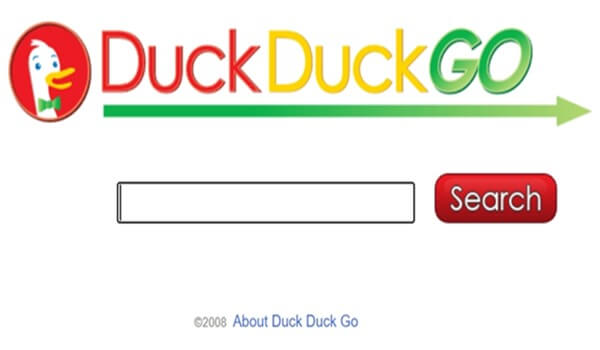
The headquarters of DDG is in Pennsylvania, United States of America. DDG has been written in Perl, JavaScript, and Python and this company has almost 124 employees. The search engine runs on Nginx, FreeBSD, and Linux.
Why Is It Called DuckDuckGo?
Almost every brand name has a meaning behind it. The story of DDG is a bit different because it has no message or meaning behind the name, but it has been inspired by a game. Yes, Duck, Duck, Goose. Later, they started using the cartoon of a duck to attract people towards them. The founder says they want to be in the mainstream. There is something parallel to “Google it” and that is “Duck it”.
In 2006, after selling his last company, Opobox, to classmates.com for $10 million, Weinberg founded himself struggling. He started mixing up a few new concepts like structured data, Quora-style Q&A. He says –
“I started all of these projects independently and none of them really took off,” “then I realized, Perhaps if I put all of them together, there might be an interesting result or experience there.”
The mix-up of his concepts resulted in DuckDuckGo, a search engine offering answers to people’s queries instead of suggesting the links of videos or blogs. The app was so direct and simple still lacked popularity by the people.
In the fall of 2015, DDG claimed that they received 3.25 billion search queries for the year, which was 74% more than the same period of last year. The cherry on top, they managed to attract almost three million unique visitors on the desktop in the same year, which displays 100% year-over-year growth. This insane growth of DDG should be applauded but its competition, Google has said to have trillion searches in a month so the competition is still quite high.
The features which gave DuckDuckGo an edge over Google
- No ads – There are no ads on the SERP page. It has only two sponsored links given on the SERP page.
- Privacy – Your DDG history is totally safe and secure. You can search for anything freely without being tracked. Even your internet service provider can’t see your search history.
Traffic of DDG
We are able to see that DDG is growing rapidly in all these years despite its tough competition with other companies like Google. The search engine of DDG is much appreciated by its users and here is the average traffic data of the DDG site.
All time searches – 76,888,042,121
Daily record – 104,910,079
No doubt, this company is generating as much as search results as other search engines but it lacks in popularity a lot.
Conclusion
DDG might be much less popular, but it keeps your search results private. On that note, it has far more pros than cons and could become one of the most successful companies in the market if it continues growing at this pace. Quite suddenly, DDG started to grow, going from 10 to 35 million queries within eight short months. So, how was your experience learning about why is DuckDuckGo called DuckDuckGo?

